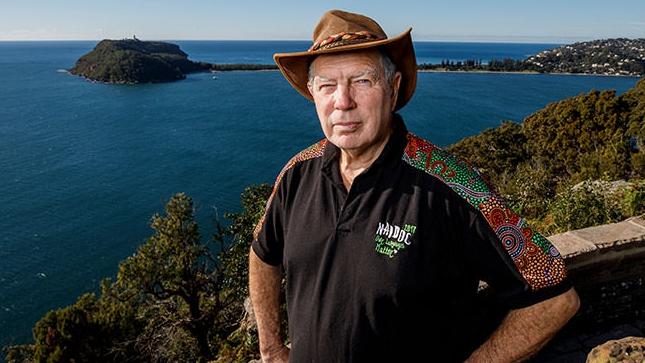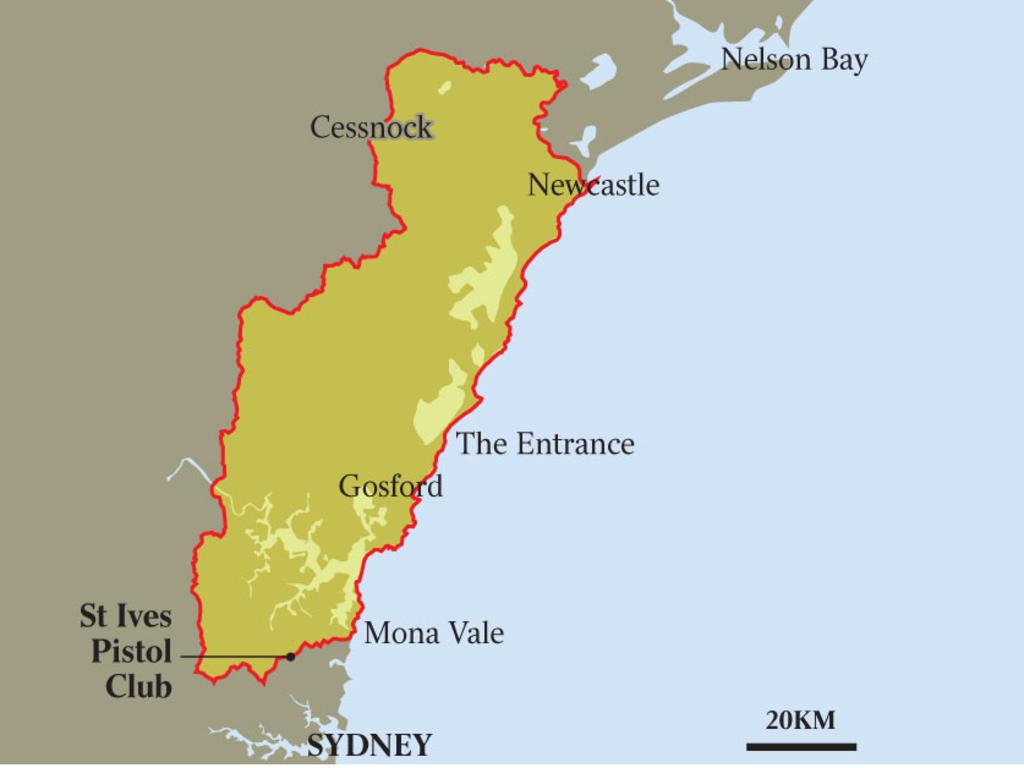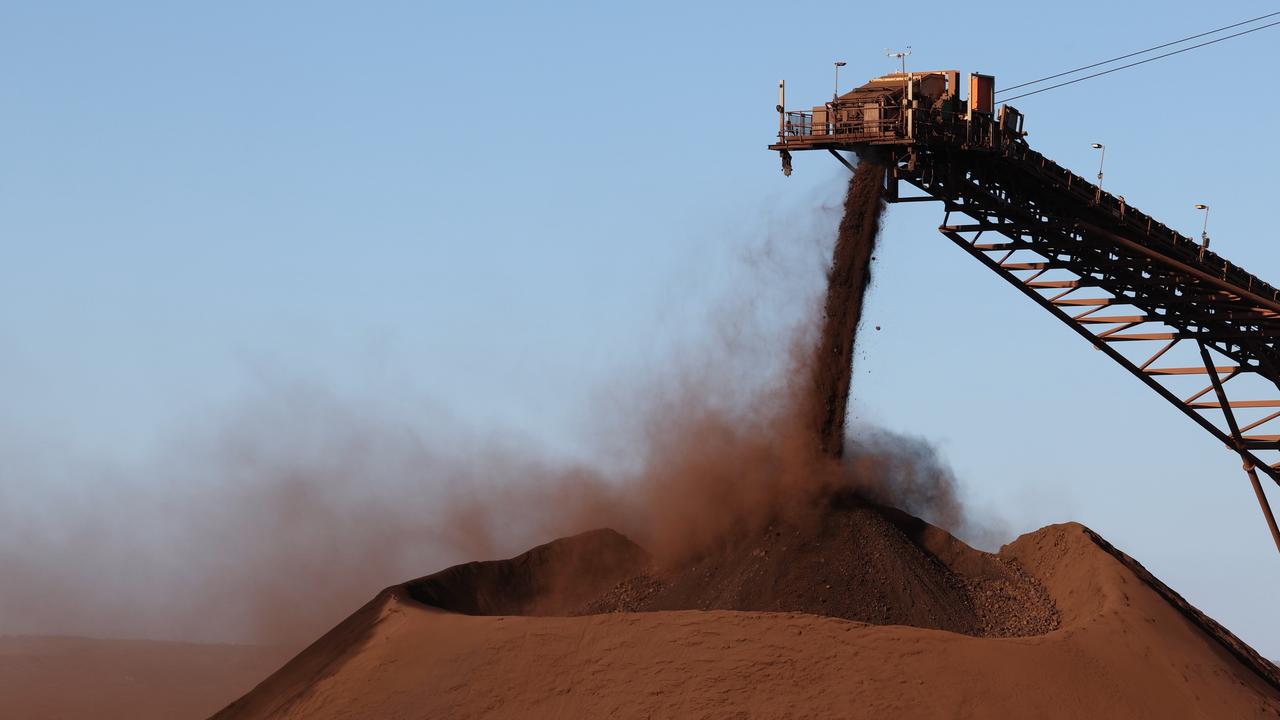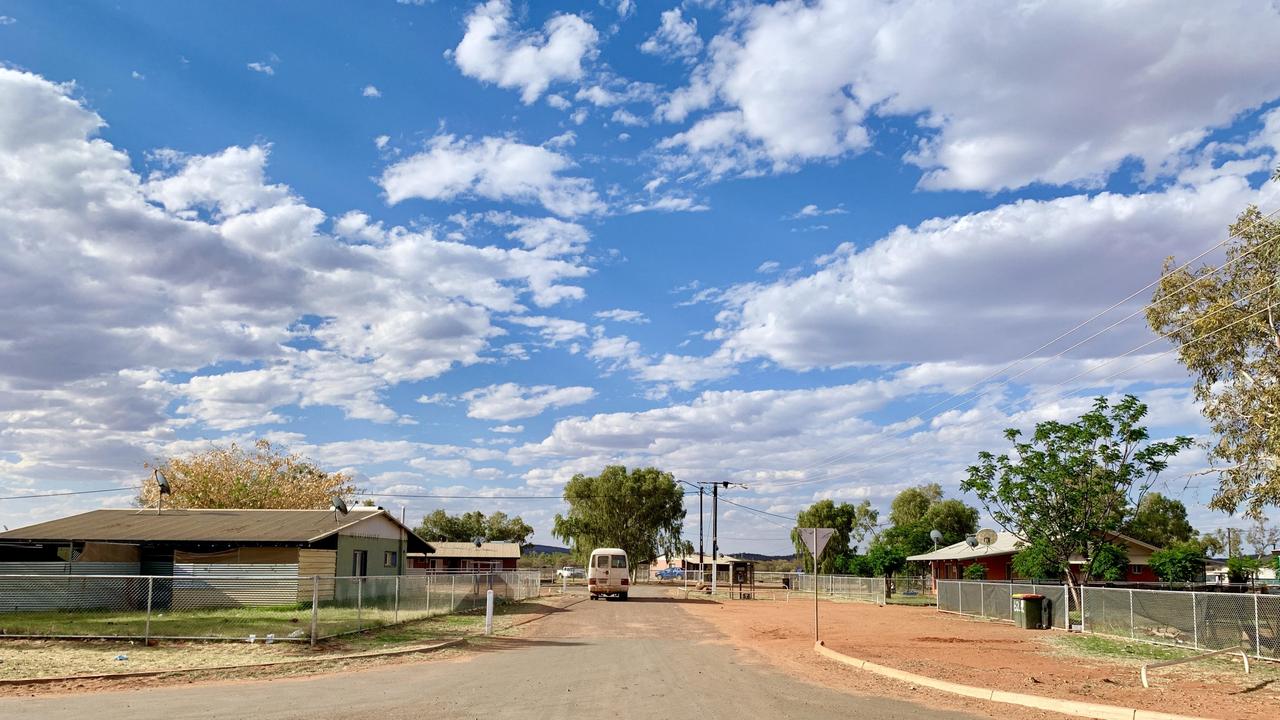Bloodline doubt sees Guringai references wiped out
The NSW National Parks and Wildlife Service will stop using the term ‘Guringai’ after claims a group using the name is ‘not of Aboriginal descent’.

The NSW National Parks and Wildlife Service will stop using the term “Guringai” on all signs, maps and interpretive materials following claims a group using the name is “not recognised as being of Aboriginal descent”.
The move follows revelations in The Australian on Thursday that at least seven Aboriginal land councils in NSW had opposed native title claims by the group over large parts of Sydney and the central coast because of its alleged lack of connection with the land.
Some members of the group claiming to be descendants of Indigenous leader King Bungaree did not even know they had Aboriginal heritage until one discovered a wallet containing old birth certificates at the back of a wardrobe in 2004, it is alleged.
The NPWS says after consulting with Aboriginal staff and the Metro Local Aboriginal Land Council, it will stop using the term “given the concerns raised and its potential to offend”.
“NPWS works closely with the Aboriginal community and takes their advice and lead on the use of appropriate cultural Aboriginal language, terms and references to culturally significant matters”, a spokesman said. “NPWS works hard to ensure all references to the cultural significance and history within our national parks estate is respectful to the traditional owners and reflects the strong partnership we have built with the Aboriginal community in caring for country.”
The NPWS ruling will apply to areas in northern Sydney, including the Ku-ring-gai Chase National Park and the central coast, but not the Worimi/Guringai area north of Newcastle, which most historians and the Aboriginal Heritage Group agree was the traditional home of Guringai people. The parks service will also remove all use of any term denoting Guringai as a tribe or language group in northern Sydney.
The NPWS has been aware for some time that claims by amateur anthropologist John Fraser in 1892 that northern Sydney had been inhabited by the “Guringai”, or “Ku-ring-gai” were incorrect.
One historical researcher describes Fraser’s work as “the most unsatisfactory and unquestionably the most inaccurate and garbled account ever published about the Aborigines”.
Fraser’s account is also strongly rejected by Indigenous people in the Hunter region who say they have been robbed of their birthright. “It’s disgusting to take another mob’s tribal name and claim it as your own,” said Bob Syron, who is a registered Aboriginal owner of Worimi/Guringai lands, north of the Hunter River. “It’s bastardising our language and culture.”
It is understood the NPWS requested more than a year ago that a member of the Sydney group, Laurie Bimson, stop advertising on his Guringai Aboriginal Tours website that his people “have been custodians of Guringai country for about 40,000 years”. Mr Bimson runs $65-a-head tours of Ku-ring-gai Chase National Park and hires out his services for smoking ceremonies and welcomes to country.
In a November 2019 email seen by The Australian, a senior NPWS official states after meeting Mr Bimson that “Laurie acknowledged the use of Guringai is not appropriate in the way it is being used in Sydney and said he had been moving away from using it”.
However, it is understood several parks staff were concerned that Mr Bimson has continued to claim on his website that he is a traditional custodian and caretaker of the national park.
The “Awabakal and Guringai People” have previously tried to claim native title over a vast stretch of coastal NSW from the northern suburbs of Hornsby and Mona Vale up to Newcastle and Maitland. That bid failed because the group could not prove it had followed traditional laws and customs since white settlement.




